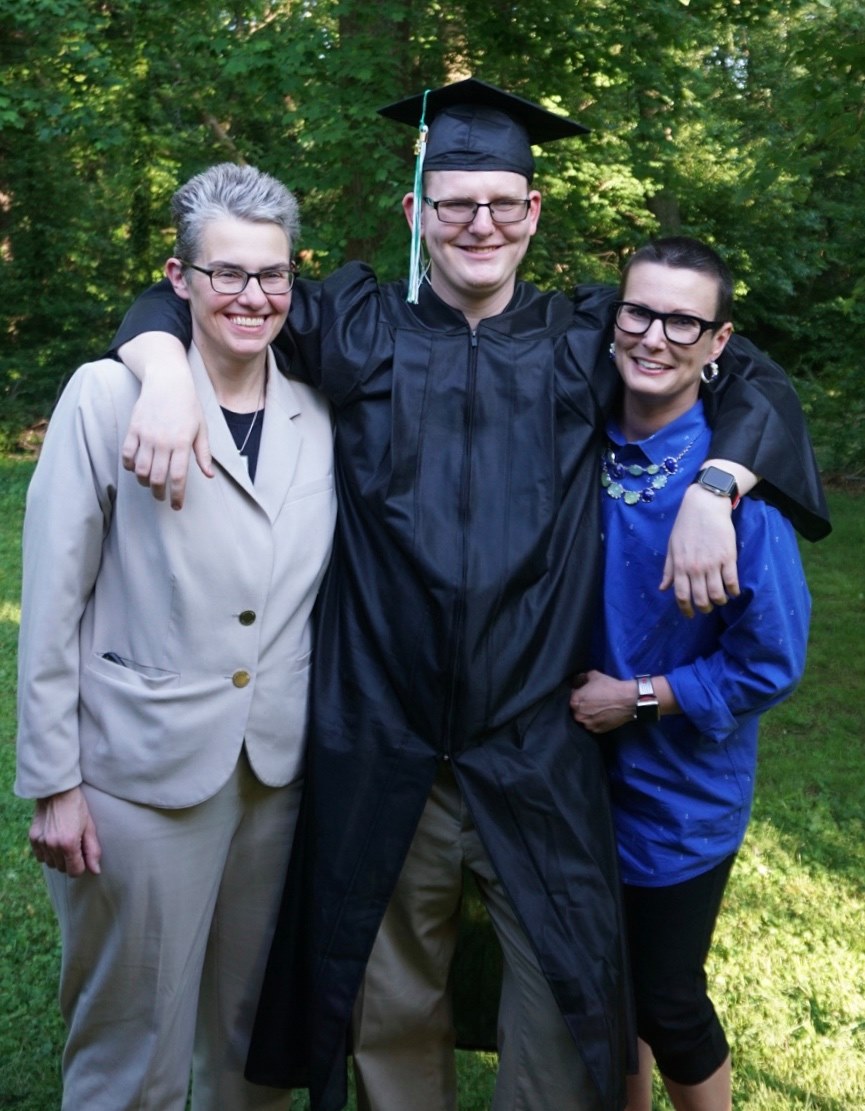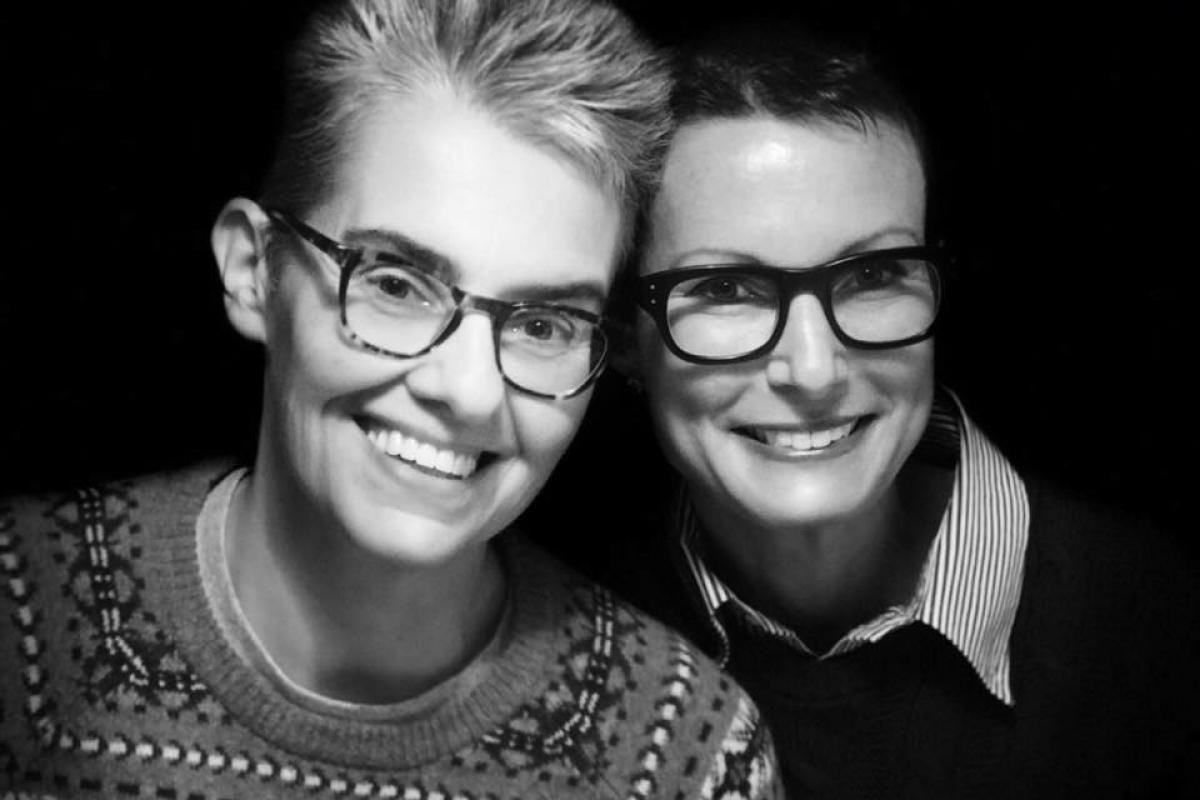Q&A: Living While Dying
On the morning her wife died, Kim Acquaviva bathed her, tucked her in one last time, and then went downstairs to make cinnamon rolls. Her wife, Kathy Brandt, used to make them for their son every year on the first day of school. “It seemed like the right thing to do,” Acquaviva wrote on the couple’s GoFundMe page. “So I did it.”
When Brandt was diagnosed with advanced ovarian cancer last year, the couple chose not only to forego chemotherapy (which would have diminished Brandt’s quality of life and would not have extended it by more than a few months), but also to chronicle her death on social media. Both nationally known experts in palliative and end-of-life care, the pair wanted to share their experiences as an LGBTQ couple and encourage open discussion about the dying process.
We spoke with Acquaviva, who joined UVA’s School of Nursing as the Betty Norman Norris Endowed Professor, about the current conversation around end-of-life care—and about the importance of positions like hers.

Why did you ask your 4,000 followers not to use words like “fight” and “battle” to describe Kathy’s experience?
Cancer is a disease. It's not a foe that can be defeated through will or hard work. When people say, ‘You're going to beat this, you’re going to win,’ it’s implying that people who get better from cancer must be better people. Still, for many of us, that’s the only narrative. What else do you say to someone who's dying? You say, ‘I'm sorry you're dying.’ That’s okay to say.
What should healthcare professionals be discussing with patients who have life-limiting conditions?
I think we need to talk with each patient from day one about palliative care being involved, whether that patient is someone with congestive heart failure or cancer or dementia. Bringing palliative care on board early can help people feel a lot more comfortable, even if they're pursuing a cure.
How is UVA changing the palliative care landscape?
When I think about end-of-life care at UVA, I think about Kathy's palliative care team, especially Dr. Leslie Blackhall. She came out to the house to pronounce Kathy’s death and talk with my son and I. She went the extra mile, and I firmly believe she would do that for any patient. Faculty and staff at UVA are working to ensure people understand that we have control over our choices around the end of life.
Why should donors support endowed professorships like yours?
It can be hard for donors to see the connection they’re making to patients and families. But when a donor supports a professorship, each nurse who is educated by that professor will serve whole communities. Endowed professorships are one of the most powerful ways a donor can impact a large number of people. Positions like mine ensure that the School of Nursing has faculty who can inspire nursing students to go out and make the world better.

